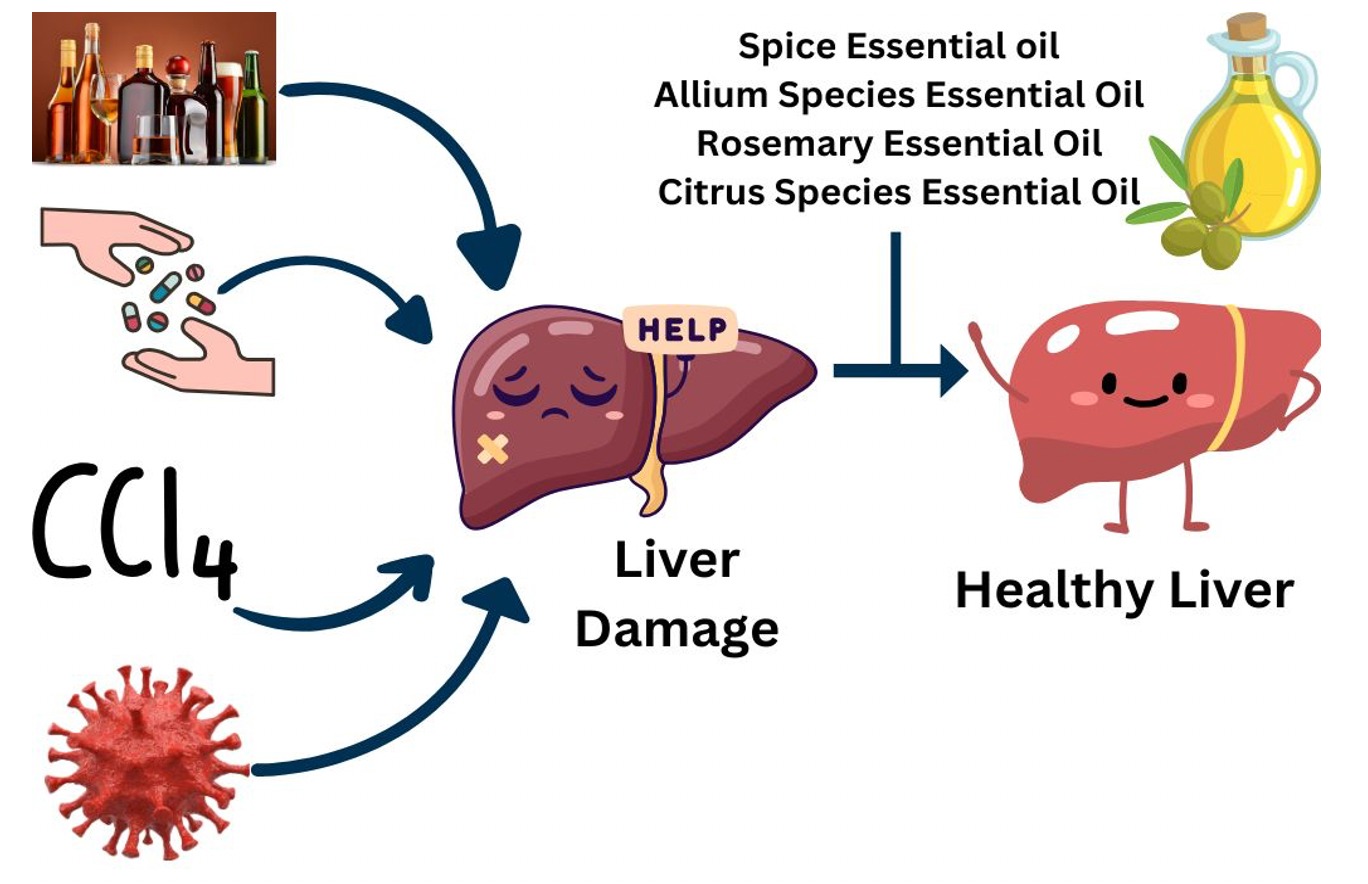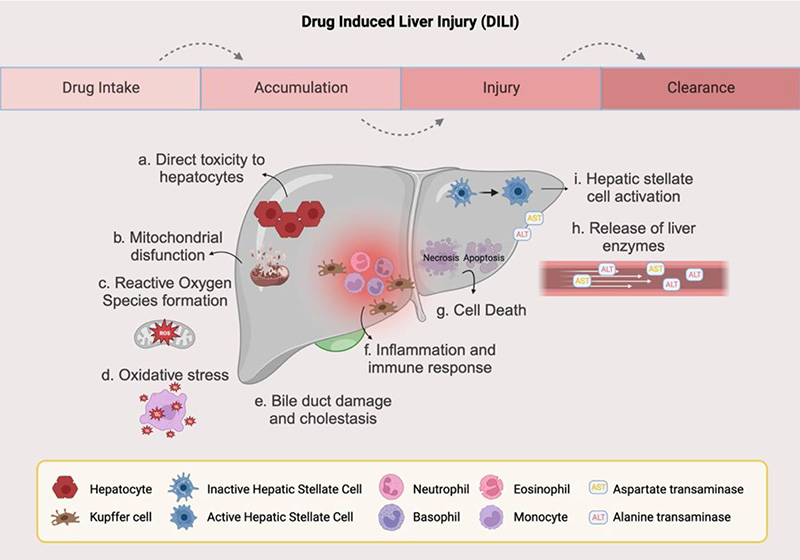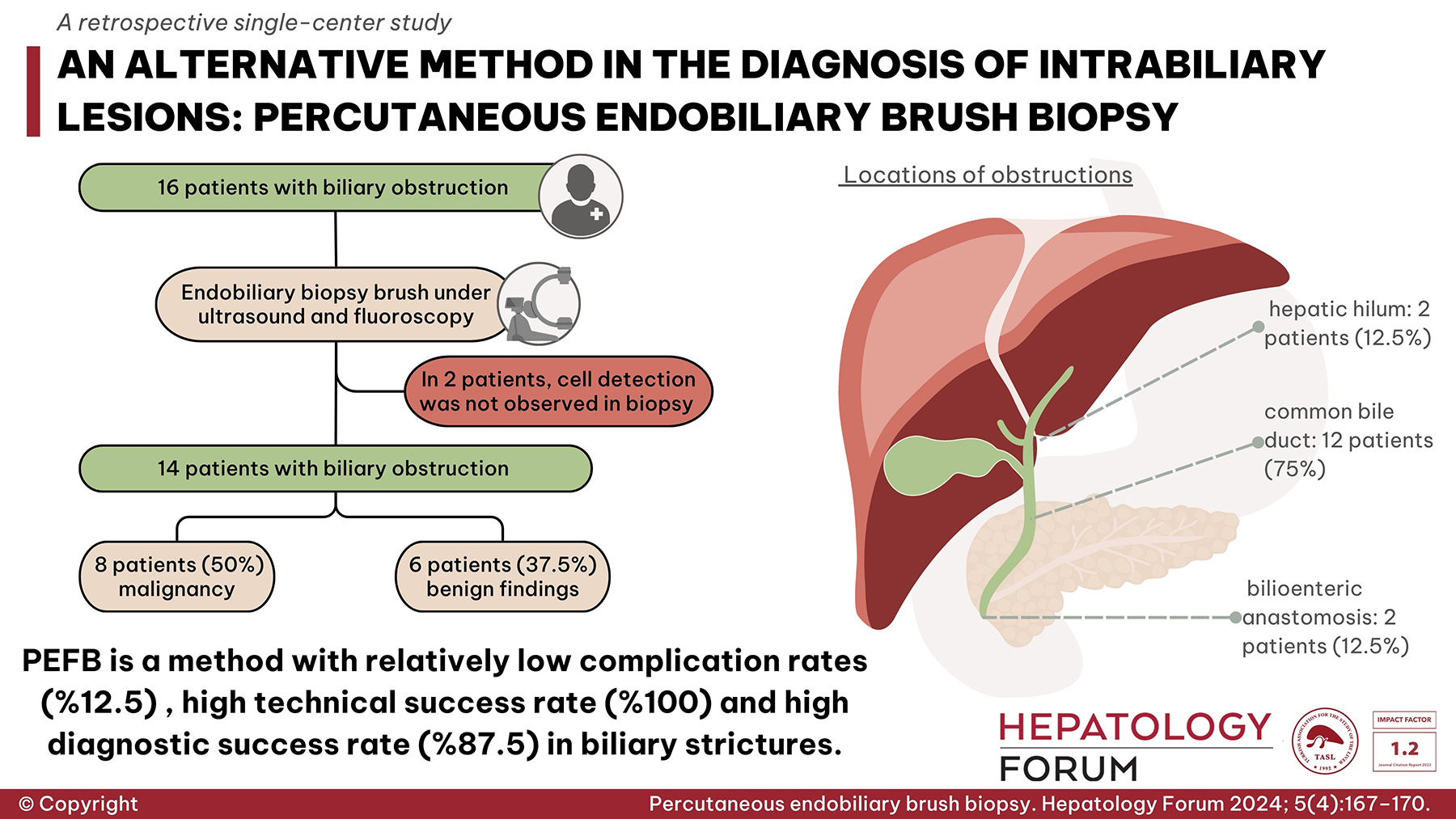2King Abdulaziz University Hospital, King Abdulaziz University, Jeddah, Saudi Arabia
3Department of Medicine, Division of Gastroenterology, Vancouver General Hospital, University of British Columbia, Vancouver, BC, Canada
4Division of Gastroenterology, Department of Medicine, Vancouver General Hospital, University of British Columbia, Vancouver, Canada
Abstract
Background and Aim: Patients suspected of Alpha 1-Antitrypsin (A1AT) ab-normality based on low serum concentration are routinely confirmed through polymerase chain reaction (PCR) testing of peripheral blood. Genotyping for-malin-fixed paraffin-embedded (FFPE) tissue is a novel approach that could aid in detecting variant A1AT. We performed qPCR on FFPE liver explants with Periodic Acid Schiff after Diastase (PASD)- and A1AT-positive globules to confirm and estimate the frequency of A1AT deficiency in transplant cases.
Material and Methods: Eighteen (12.68%) of 142 patients with end-stage liver disease showed PASD/A1AT positive globules. FFPE of the explants was tested through qPCR to detect S and Z alleles. A second age- and sex-matched control group consisting of five liver transplant patients with neg-ative globules was included in the study.
Results: qPCR assay was successful with all the samples meeting QC pa-rameters. All patients included in the study elucidated Z allele variants; 2 homozygous (11.1%) and 16 heterozygous (88.9%). The control group demonstrated normal wild-type MM allele.
Conclusion: Screening for A1AT deficiency using serum levels is not suffi-ciently sensitive to detect deficiency, especially in carriers. If A1AT testing was not performed preoperatively and the risk is high based on the PASD/A1AT-positive globules in the explants, then molecular testing of FFPE tis-sue can be a viable method for confirming the diagnosis.





 Hussam Bukhari1
Hussam Bukhari1 









